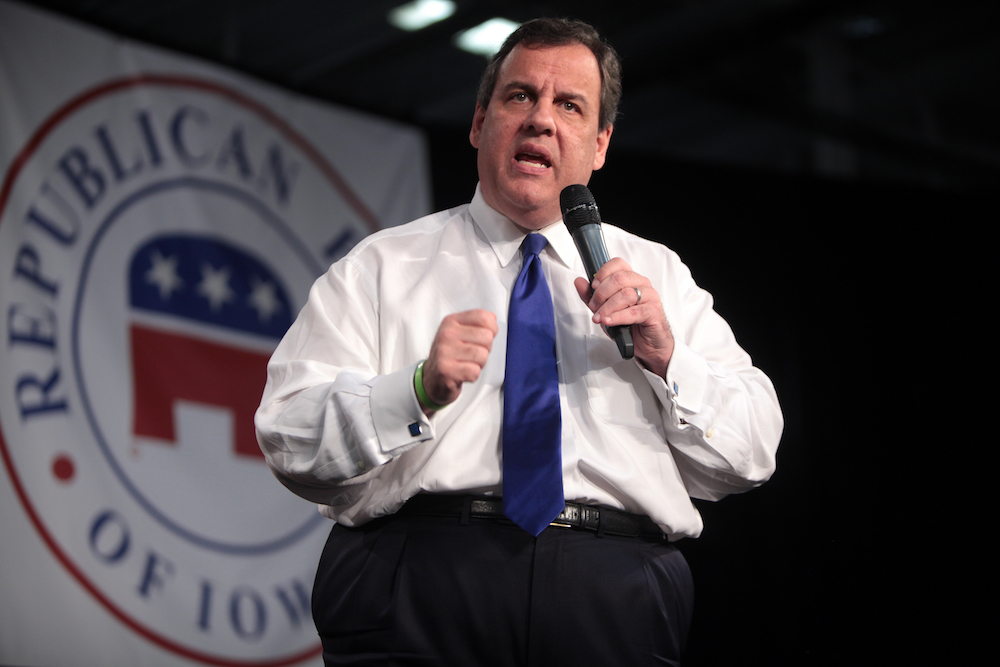
US Betting Industry Could be Set for Shake-Up Thanks to New Jersey
The US betting industry could be in for some major changes in 2018 and New Jersey is the state leading the way.

New Jersey Governor Chris Christie’s PASPA battle is helping to reshape the live and online betting industry in the US. (Image: Gage Skidmore/wikimedia.org)
When Garden State Governor Chris Christie appeared in front of the Supreme Court on December 4, he did so with the aim of overturning the Professional and Amateur Sports Protection Act (PASPA).
Enacted in 1992, the federal law prevents any states other than Delaware, Montana, Nevada and Oregon from offering legal sports betting.
Considering this a violation of the Tenth Amendment, Christie’s long-running battle with PASPA supporters finally made some headway during the December 4 hearing. Despite lower court rulings in 2012 and 2014 favoring PASPA supporters, the NCAA, Supreme Court justices appeared sympathetic to Christie’s case.
At the heart of the debate is federalism and whether Congress can commandeer states. For Christie, the ban on sports betting goes against state’s rights to enact their own legislation. In contrast, the NCAA and its allies, including the NBA, NFL, NHL and MLB, argue that PASPA is something of a unique case.
According to the NCAA’s legal team, New Jersey is attempting to use “affirmative authorization” to make sports betting a reality. In simple terms, because the state is seeking to regulate the industry in a specific way and confine betting to certain locations, it is doing something more than simply not enacting federal law.
State’s Rights on Christie’s Side
However, despite lower courts agreeing with this position, a number of justices have taken an opposing view. Indeed, what transpired during the hearing was that many Supreme Court representatives saw the NCAA’s argument as wordplay designed to circumnavigate the issue.
Commenting on influence of PASPA, Justice Anthony Kennedy suggested that PASPA, however it’s viewed, is forcing New Jersey residents into accepting a federal law.
“PASPA leaves in place a state law that the state does not want, so the citizens of the State of New Jersey are bound to obey a law that the state doesn’t want but that the federal government compels the state to have. That seems commandeering,” Kennedy said during the hearing.
Other justices took a similar stance and now it seems the momentum has swung in favor of Christie and New Jersey. Although a verdict isn’t expected until some time in 2018, the hearing has certainly given US betting fans a lift.
More Positive Moves by New Jersey
In fact, the latest news comes just days after New Jersey’s Division of Gaming Enforcement passed a bill that allows internet gaming equipment to be located outside of Atlantic City. Until now, any online casino or poker site serving New Jersey had to have its servers located in Atlantic City.
Now, however, international operators can technically plug into New Jersey’s network. The legal change comes after New Jersey agreed a poker liquidity sharing pact with Nevada and Delaware.
That deal allowed players in three states to join a single pool and compete in cross-border games. The latest act will offer similar provisions to regions where online gambling is deemed legal and constitutional such as the UK.
With strict national regulations already in place, the UK could become the first authorized international partner of New Jersey and usher in a new era of online betting in the US.















0 Comments